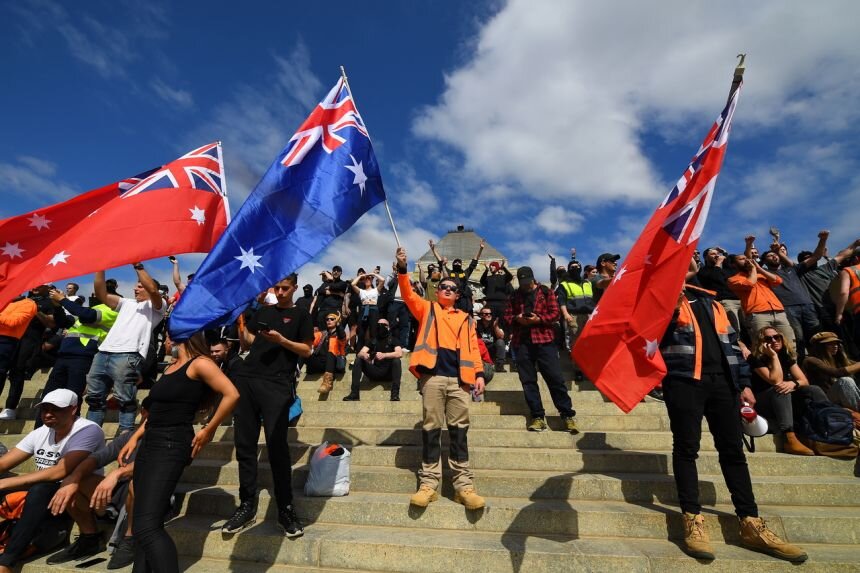RESOURCES
Submission to the Inquiry into Extremism in Victoria
June 15, 2022 | AIJAC

Introduction
As the premier independent public affairs organisation for the Australian Jewish community, the Australia/Israel & Jewish Affairs Council (AIJAC) welcomes the opportunity to make a submission to the Legal and Social Issues Committee’s inquiry into extremism in Victoria to highlight the nature of the threat that far-right extremism – and indeed, other forms of extremism – pose to Victoria and its multicultural communities, particularly the Jewish community.
Australia has thankfully never experienced the mass casualty far-right violence that has afflicted the United States, Europe, and New Zealand. This should not lead to complacency, but neither should it lead to threat inflation. The current threat stemming from organised far-right violence is low: almost all major far-right terrorist attacks globally have been only vaguely affiliated or entirely unaffiliated with any specific far-right group. Yet it is clear that the threat from far-right-inspired attacks by individuals – similar to the Christchurch massacre of 2019 or the supermarket mass shooting in Buffalo, New York, on May 14 of this year – is substantial and likely increasing.
In Victoria, far-right activity is overwhelmingly characterised by intimidation, threats and harassment in the form of phone calls and letters, graffiti and vandalism and noxious remarks and gestures, including the Nazi salute. Recently, neo-Nazi Thomas Sewell, currently out on bail after being arrested last year, organised a celebration of Adolf Hitler’s birthday at The Hof Downtown beer hall in Melbourne, replete with Nazi salutes.
The advent of the COVID-19 pandemic and the consequent public health measures and related conspiracy theories has created space for the far right to create popular fronts with populist, libertarian, and left-wing groups and individuals. As the Victoria Police noted in its submission to the Parliamentary Joint Committee on Intelligence and Security Inquiry into Extremist Movements and Radicalism in Australia:
Online commentary on Covid-19 has provided a recruiting tool for right-wing extremist groups, linking those interested in alternative wellness, anti-vaccination and anti-authority conspiracy theories with white supremacist ideologies.
As a result of the process, the very use of the term “far-right” to describe the threat has become less useful as a descriptor of the threat as this coalition of neo-Nazis, conspiracy theorists, populists, libertarians and leftists has coalesced, leading Victoria Police to warn in its submission that it was ill-prepared to deal with these “conflating ideologies” which have “presented a challenge in effectively tasking and investigating these individuals as they do not fit neatly into pre-existing tasking and coordination frameworks.”
Governments, parliaments and law enforcement agencies will therefore need to reconsider how useful these traditional categories and approaches, such as focussing exclusively on the “far-right” without considering the wider picture of extremism, remain.
Meanwhile, this submission also notes that extreme-right terrorist violence is overwhelmingly emanating from individuals radicalised and inspired by material on the internet and social media, and urges all counter-terrorism authorities to consider measures to ameliorate the effects of this pipeline for violent extremist beliefs.
Finally, AIJAC calls the committee’s attention to two previous AIJAC submissions that we believe may be relevant to its deliberations – our “Submission to the Australian Parliamentary Joint Committee on Intelligence and Security regarding extremist movements and radicalism in Australia”, and our “Submission to the Parliamentary Joint Committee on Intelligence and Security on its review into the listing of Hizballah and The Base as terrorist organisations under the Criminal Code Act 1995.”
Tags: Antisemitism, Australia, Far Right, Terrorism





